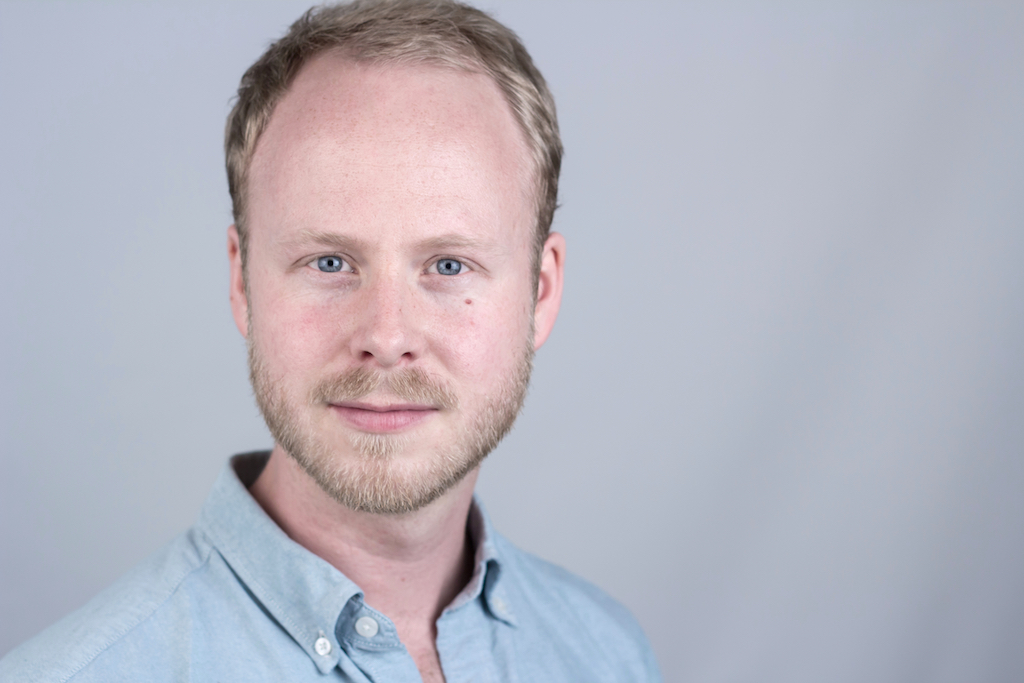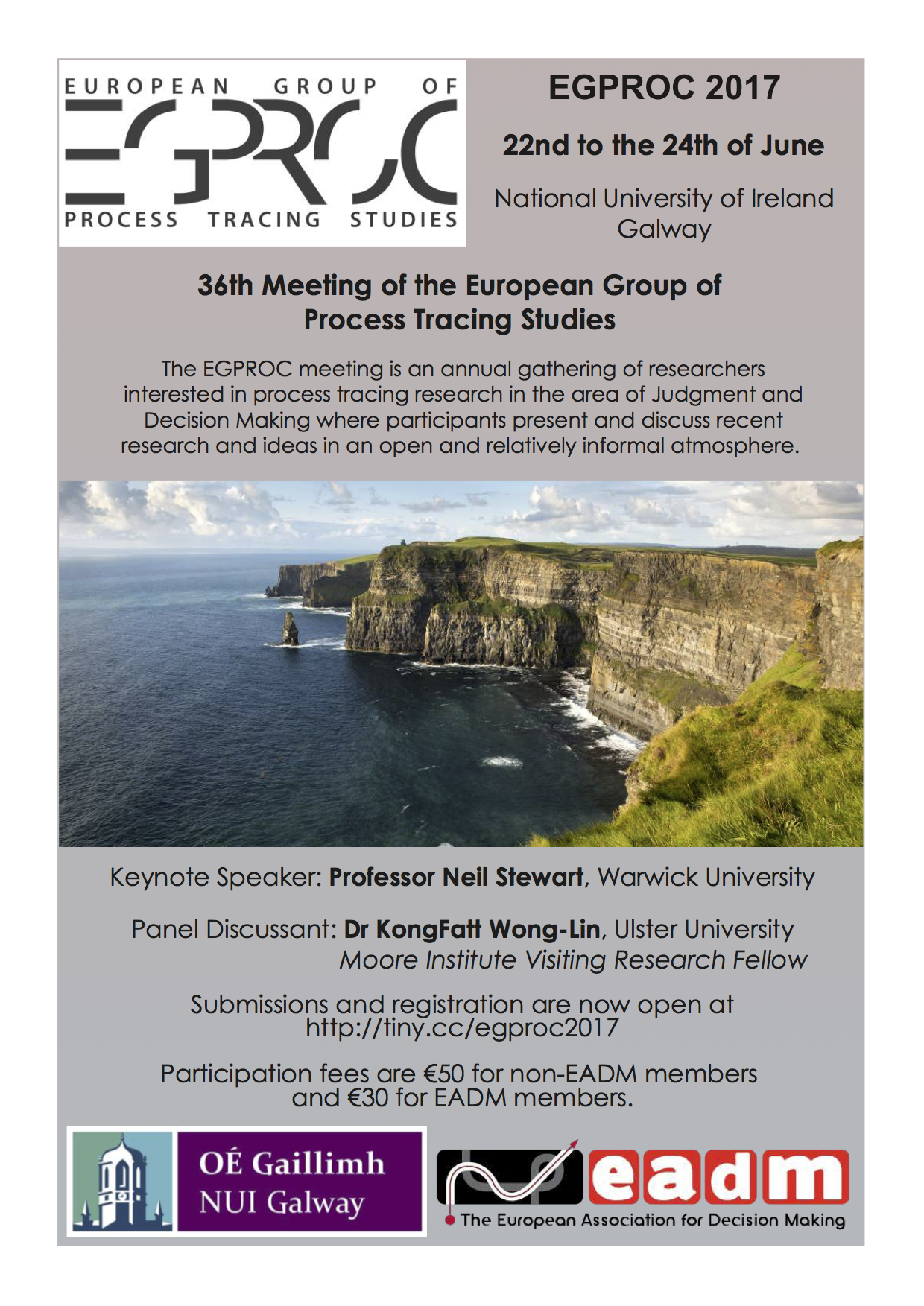
1) Who are you, and what do you do?
My name is Dirk Wulff. I am a PostDoc at the Center for Adaptive Rationality at the Max Planck Institute of Human Development. I study experience-based decision making and semantic memory.
Within experienced-based decision making I focus quite a bit on exploration and information search. One aspect I am currently interested in is the impact of different stopping rules on the experiences that we make. We all know the problem of assessing the result of an experiment sample-by-sample. The same problem pertains to experience-based decision making. When we explore multiple options before making a choice, a stopping rule that is based on the perceived difference between the options will make the option appear more distinct then they actually are. What we experience can thus be influenced by what we wanted to experience.
Although I work mainly on decision making, I originally moved into research for my fascination with the study of semantic memory. Therefore, I feel lucky to be collaborating on a number of projects on the organization of semantic memory across the lifespan. One project that I find particularly cool is smallworldofwords.com. In this project researchers from many countries work together to obtain human-generated semantic networks for all words in 8 different languages. I help running the German version.
2) What do you consider your most important research tool(s) on your computer?
Hands down R. You have a new idea and you don’t know how it pans out – simulate it with R. You have a theory and you don’t whether it fits the data – model it with R. You have a nice result and want to show it exactly as you want to – plot it with R (base, not ggplot2). Writing code may actually be my favorite part of doing research – I mean aside from getting up late and coffee breaks – and R is perfect for it. Some time ago I also started using Python for natural language processing. The syntax is much more simple and elegant. Everything around the language, e.g., packages or available IDEs, is however nowhere near the convenience of using R (and RStudio).
3) What do you consider your most important research tool(s) outside of your computer?
A café. For some reason my mind is clearest, when working in my favorite café surrounded by chatting strangers. I sometimes joke that this is, because it lets me feel that I have a live outside of academia. The more likely reason however is: there is no Internet.
4) What is your favorite tip for getting writing done?
Force yourself. Or have someone else force you. Still desperately looking for alternative solutions.
Dirk’s CV
Favorite publication
Wulff, D. U., Hills, T. T., & Hertwig, R. (2015). How short- and long-run aspirations impact search and choice in decisions from experience. Cognition, 144, 29-37.



